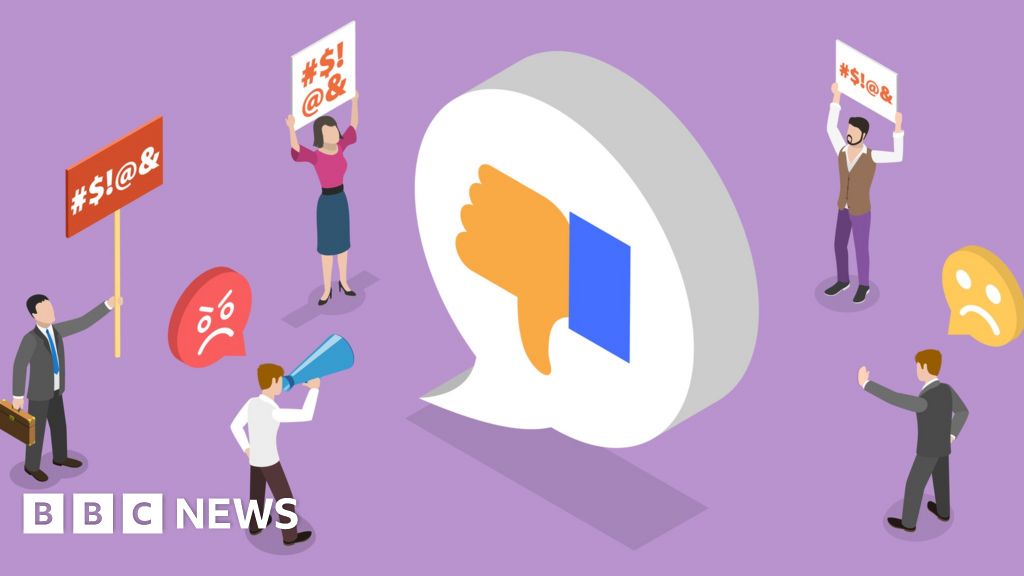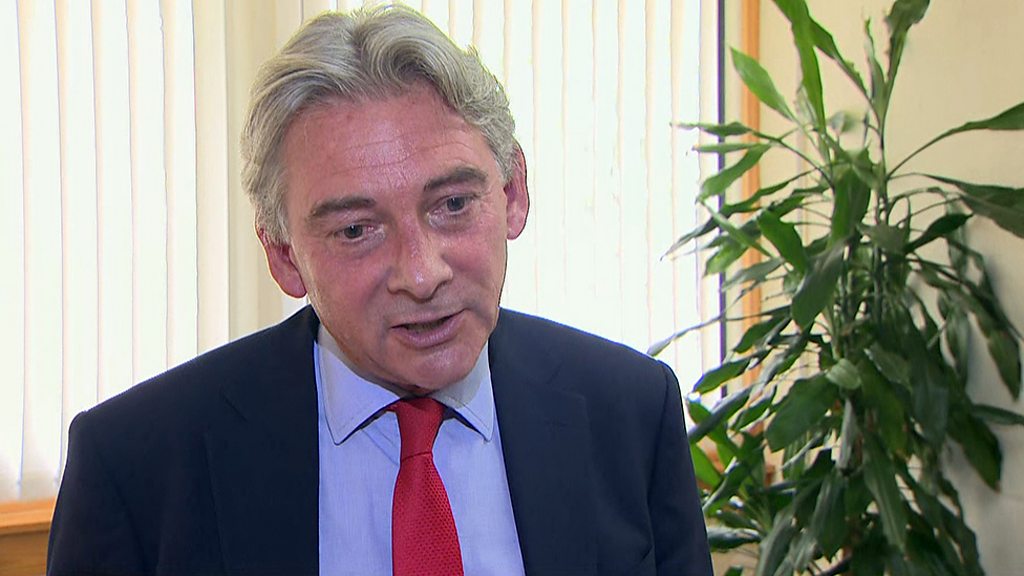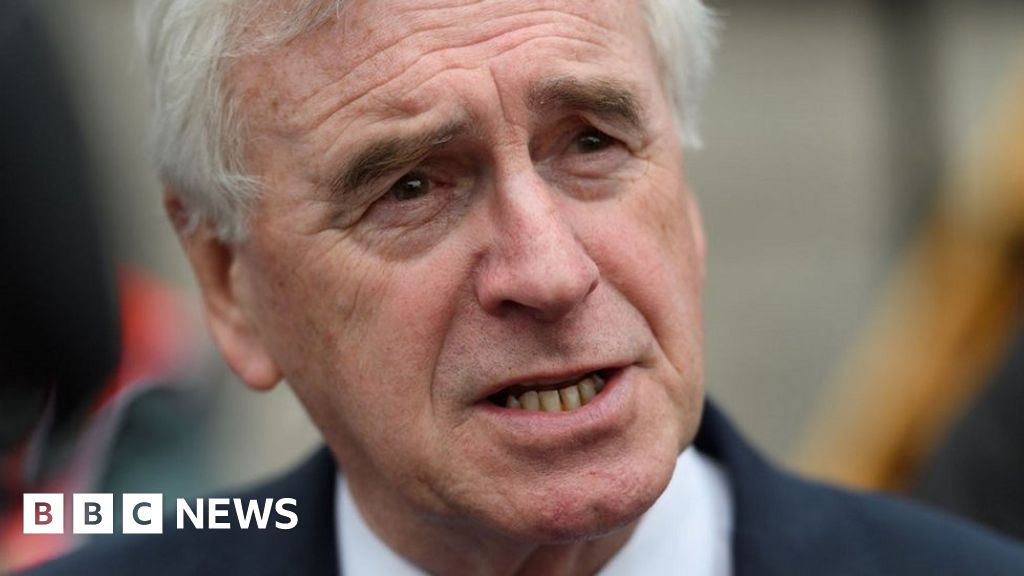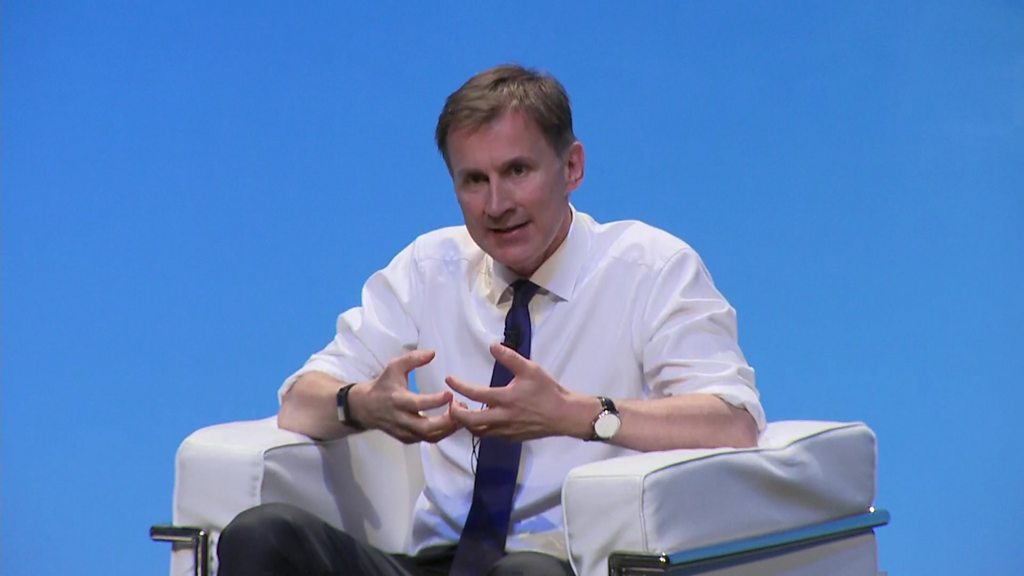
Iain Dale
| Use attributes for filter ! | |
| Gender | Male |
|---|---|
| Age | 63 |
| Date of birth | July 15,1962 |
| Zodiac sign | Cancer |
| Born | Cambridge |
| United Kingdom | |
| Height | 188 (cm) |
| Party | Conservative Party |
| Spouse | John Simmons |
| Official site | iaindale.com |
| Nationality | British |
| Movies/Shows | Killing Thyme |
| I Am a Great Man | |
| Education | Saffron Walden County High School |
| University of East Anglia | |
| Books | The Prime Ministers: Winner of the PARLIAMENTARY BOOK AWARDS 2020 |
| The Prime Ministers: 55 Leaders, 55 Authors, 300 Years of History | |
| Why Can’t We All Just Get Along: Shout Less. Listen . | |
| Prime Minister Priti: And Other Things that Never Happened | |
| Marriage location | Norwich, United Kingdom |
| Date of Reg. | |
| Date of Upd. | |
| ID | 407041 |
Iain Dale Life story
Iain Campbell Dale is a British broadcaster, author and political commentator, and a former publisher and book retailer. He has been a blogger since 2002. In 2005, he became the first openly gay Conservative candidate to contest a parliamentary election.
Social media: Did the pandemic poison online politics?

... What do those at the sharp end think? Iain Dale, a Conservative author and broadcaster, was a pioneering political blogger who did as much as anyone to get Westminster online, but he has on social media...
Scottish Labour leader hits back in indyref2 row

... What did Mr McDonnell say? Mr McDonnell has been interviewed in two separate Edinburgh Fringe events Mr McDonnell was being interviewed by LBC broadcaster Iain Dale at the Edinburgh Fringe on Tuesday when he said it would be for the Scottish Parliament and the Scottish people to decide whether a referendum should be held before making a formal request for consent to the English parliament ...
Labour government 'would not block' indyref2

... And on Monday Nicola Sturgeon told journalist Iain Dale there was a Mr McDonnell was also speaking to the LBC broadcaster when he was asked about the possibility of a second independence vote...
Tory leadership: Hunt seeks change to TV debate schedule

... Asked by the hustings moderator, LBC presenter Iain Dale, whether character mattered when choosing a prime minister, Mr Johnson said: I don t think people want to hear about that...
Social media: Did the pandemic poison online politics?
Social Media use exploded during the coronavirus pandemic - has this had a lasting impact on politics in the UK?
Before the coronavirus pandemic, there was an epidemic of anxiety about Social Media 's supposedly destructive effect on political debate.
Vicious Twitter spats, pile-ons, misinformation and " filter bubbles" - where people Shut Out any news sources they are likely to disagree with - were seen as threats to civilised Discourse .
Things have only got worse since we were all forced to stay At Home during lockdown. have tried to make The Counter argument, highlighting Social Media 's role in democratising knowledge about Covid-19.
What do those at the sharp end think?
Iain Dale , a Conservative author and broadcaster, was a pioneering political blogger who did as much as anyone to get Westminster online, but he has on Social Media .
At time of writing, the LBC Radio presenter has 243,600 followers on Twitter, but he says: " If I wasn't doing The Job that I do, I think I would come off it".
" There's no attempt to even understand that Somebody Else has another point of view" online, he says, " it's just got worse and worse with every passing year".
Up to the 1990s, he says, the only way the average person could express their views was through letters to The Local paper, but then " blogs came along, they were free to use, easy to Set Up . . if you give Good People the opportunity to have their say, you also give evil people the opportunity to have their say".
Mr Dale started his own blog in 2003, which quickly became a must-read for the political classes before he switched his attention to his nightly phone-in show.
Before the pandemic, he says, " you had Brexit and before that there were plenty of other Things that got people going. I'm not actually sure that the pandemic was actually worse than Brexit. Points in Brexit, whatever side you were on, it was impossible to have reasoned debate".
" If I never have to do another Covid or Brexit phone-in again, I should be very happy, I actively now go looking for Things that are in The News that are not necessarily political".
Ayesha Hazarika is a broadcaster on Times Radio and a former Labour Party adviser. At time of writing, she has 93,800 followers on Twitter. She thinks the pandemic " probably exacerbated" abusive online Discourse , although " it was like a massive cesspit before".
During the pandemic " we were all completely glued to our phones, we were lonely, and I think Social Media provided a sense of kinship and tribe for people".
" I think my engagement with online politics definitely became more pronounced during the pandemic, " she says, citing Dominic Cummings ' infamous visit to Barnard Castle as a moment when politics " collided" with Social Media .
" People who were probably just genuinely angry about something, but would have gone on with their Every Day lives, were now really angry but had four hours A Day to just vent".
She also criticises " performative tweeting, performative piling on and performative outrage".
" People always hunt in a pack on Social Media " to find something that is a topic of The Day and feel as though they have to " rush in and Join In and give that person a kicking, that was something I definitely noticed as a trend".
" Covid kind of became the new Brexit, " she adds, " Suddenly You had to fight to the death over masks, and you couldn't take a nuanced position, it had to either be that This Was the biggest affront to civil liberties ever, or if you didn't want to wear a mask then you were sort of a murderer".
She says it used to be viewed as " ignoble" for those in The Public eye to block others on Twitter, but at this point, if someone is " repeatedly harassing you, then there's No Shame in blocking people".
To those who are inclined to try and tweet an MP to Change their mind, she says " a lot of people that have real power just will not engage with it".
Enabling everyone with access to a smart phone or a computer to publish their opinions has undoubtedly transformed politics.
But The Debate about whether Social Media is good or bad for democracy can feel increasingly irrelevant, because it is here to stay.
It is also worth reminding those who spend their days arguing about politics on Twitter and Facebook, that they are in the minority.
" We really need to remember that [online] doesn't represent the mass public, " says Rasmus Nielsen , Director of the Reuters Institute for the Study of Journalism.
In the UK, The Number of people existing solely in just tiny political echo chambers online are " not nothing, but the figures are smaller than you might think".
The estimate, he says, " is that 5% of UK internet users are in a left wing echo chamber, and 2% in a right wing echo chamber, " but he says this has to be put in the context that "26% of internet users in the UK have not accessed any Online News at All In The Past week".
It's " only human" for journalists, politicians and those in Media to see extreme negative reactions to their posts online and for this to " colour your perception of the whole world the same way".
So did the Extra Time we all spent online during the pandemic - on Zoom calls, streaming services and Social Media - Change The Way we think about politics?
There is little conclusive research on the subject So Far , but The National Centre for Social Research has examined whether The British public's political attitudes were transformed by the pandemic.
The Answer , is not as much as some had predicted.
One of the researchers, Prof Sir John Curtice , also The Bbc 's elections expert, said: " It looks as though the landscape of Public Opinion that policymakers will face after the pandemic will be much the same as The One that they faced beforehand, including not least on the perennial debate about what to do about inequality. "
Being stuck At Home may have affected the online abuse and anger received by people, like so many other areas of our lives. It may, of course, take years to find out the lasting impact On Society of what took place in the lockdowns of 2020 and 2021.
You could tell me what you think of this article, I'm on Twitter as. Civilised Discourse only please.
Source of news: bbc.com












